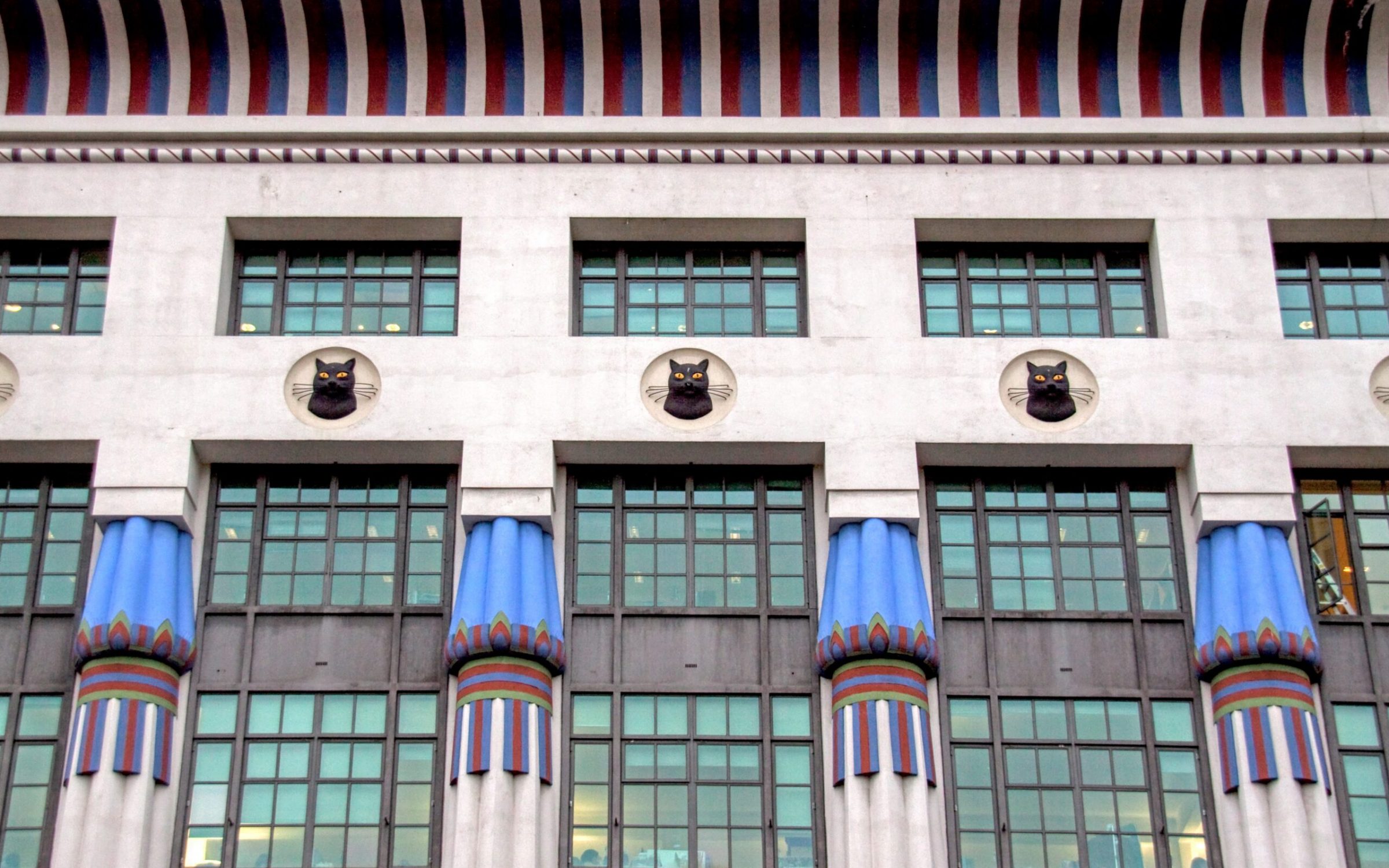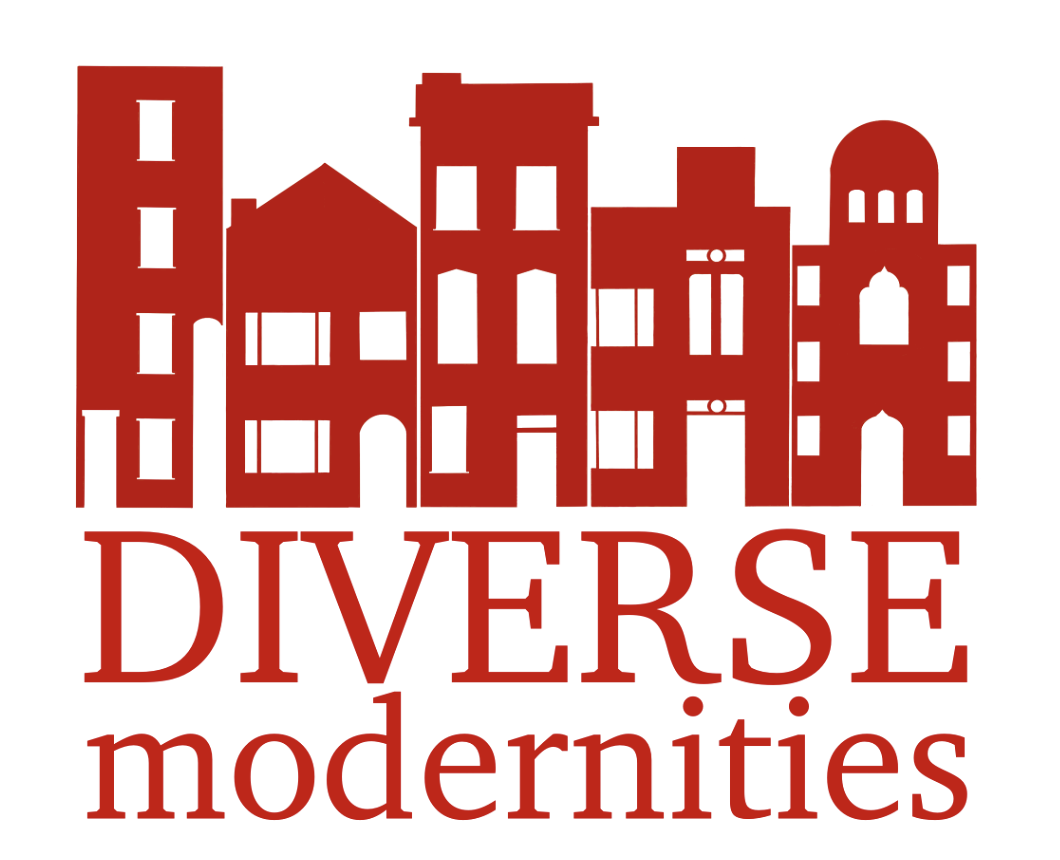
British Architecture Beyond Modernism, 1918 - Present
Hosted by CSCA, the Ax:son Johnson Centre for the Study of Classical Architecture
Location: Howard Theatre at Downing College, University of Cambridge
8 September 2022 from 9:00 – 17:00
Registration now open
This conference is organised by the Ax:son Johnson Centre for the Study of Classical Architecture (CSCA) at the University of Cambridge and Create Streets. This conference is made possible by the generosity of the Axel and Margaret Ax:son Johnson Foundation for Public Benefit.
Abstract
At one time, architectural scholarship was dominated by a teleological narrative of the emergence and evolution of modernism. Recent years, however, have seen growing recognition that modern Britain has been home to a range of rich and significant architectural approaches, existing in a complex and often creative relationship with canonical modernism. There is renewed interest in architects from beyond the London mainstream like Dewi-Prys Thomas and Ian Begg, in advocates of the terraced street like Elizabeth Denby and Trystan Edwards, and in architects who creatively reinterpreted older design vocabularies like Elisabeth Scott and Albert Richardson. This approach embraces a rich variety of modern design that responded to the diverse aspirations and attachments of the British people.
In the inter-war period, the vast majority of the building stock was non-modernist, encompassing a huge range of buildings both developing and departing from the architectural traditions of Edwardian Britain. These approaches continued on a reduced scale in the post-war decades, and many were renewed from the 1980s onwards. Throughout this period, British architecture was enriched by traditions from across the world, from the Armenian church of St Sarkis in 1923, to the Serbian Orthodox Church of the Holy Prince Lazar in 1968, the Neasden Temple in 1995, and the Oxford Centre for Islamic Studies in 2017. Alongside these architect-designed buildings, Britain also saw millions of homes built in modern vernaculars based on the Tudor Revival, Neo-Georgian, and the Arts and Crafts Movement.
This conference will look at these ‘diverse modernities’ in British architecture from 1918 to the present day. It will examine their relevance to contemporary priorities for the built environment, like respect for the street, sensitivity to context, openness to varied historical memories, and the creative interaction of tradition and modernity. It will also look at whether there is scope for the listings system to give greater protection to such buildings, a question highlighted by lively public debates about the demolition of Celanese House, Orchard House, Drages Department Store, and Chronicle House on Fleet Street.
Participants will primarily be historians, but contributions will be incorporated from architects whose work forms part of this history. Professionals working in heritage organisations will also be invited to examine the management and protection of these buildings today. The event aims to be a milestone in the understanding and appreciation of these rich strands of Britain’s modern architecture.
Programme
9:00 – Registration in Grace Howard Room, Downing College (ground floor)
9:10 – Introduction in the Howard Theatre (first floor)
Frank Salmon (CSCA, University of Cambridge) and Nicholas Boys Smith (Create Streets)
Opening address
9:20 – Lord Parkinson of Whitley Bay (Department of Culture, Media and Sport)
Q&A with Nicholas Boys Smith
Panel 1 – Historical Contexts for Architecture
Chair: Elizabeth Deans (CSCA, University of Cambridge)
9:40 – ‘The Classical tradition in twentieth-century Britain’, William Whyte (University of Oxford)
10:00 – ‘Seeking a non-binary view of architecture’, Alan Powers (University of Kent; C20 Society)
10:20 – ‘Ye olde Modernist style; or confessions of a confused Modernist’, Julian Holder (University of Oxford)
10:40 – Q&A
11:00 – Coffee Break
Panel 2 – Typological Case Studies
Chair: Max Sternberg (University of Cambridge; SAHGB)
11:20 – ‘The Neasden Temple: Ancient Indian architecture in modern Britain’, Tilak Parekh (University of Cambridge)
11:40 – ‘Properly built, conveniently planned and dignified in design’: Church Building in a Secular Century’, Clare Price (University of Oxford; C20 Society)
12:00 – ‘Classicising skins and structure: architectural expression in England’s interwar speculative offices’, Jonathan Clarke (Independent Scholar)
12:20 – Q&A
12:40 Lunch break
Panel 3 – Heritage Perspectives
Chair: David Lewis (University of Oxford)
13:40 – ‘Non-Modernism in the Buildings of England’, Charles O’Brien (Pevsner Architectural Guides)
14:00 – ‘Challenges and opportunities in listing twentieth-century buildings’, Debbie Mays (Historic England)
14:20 – ‘This Was Tomorrow’: considering modernity and longevity’, Harriet Wennberg (INTBAU)
14:40 – Q&A
15:00 – Tea break
Panel 4 – Architects’ Perspectives
Chair:
15:20 – ‘The Forgotten Modern: invention in the classical tradition’, Robert Adam (Robert Adam Architectural Consultancy Ltd)
15:40 – ‘Practising classicism – personal reflections’, Joanna Wachowiak (John Simpson Architects)
16:00 – ‘Working with conservation officers’, Cany Ash (Ash Sakula Architects)
16:20 – Q&A
Closing remarks
16:40 – ‘The Historic England perspective’, Ben Derbyshire (Chair HTA Design LLP, Historic England Commissioner)
Q&A with Samuel Hughes (Create Streets)
17:00 – Drinks reception in the Grace Howard Room
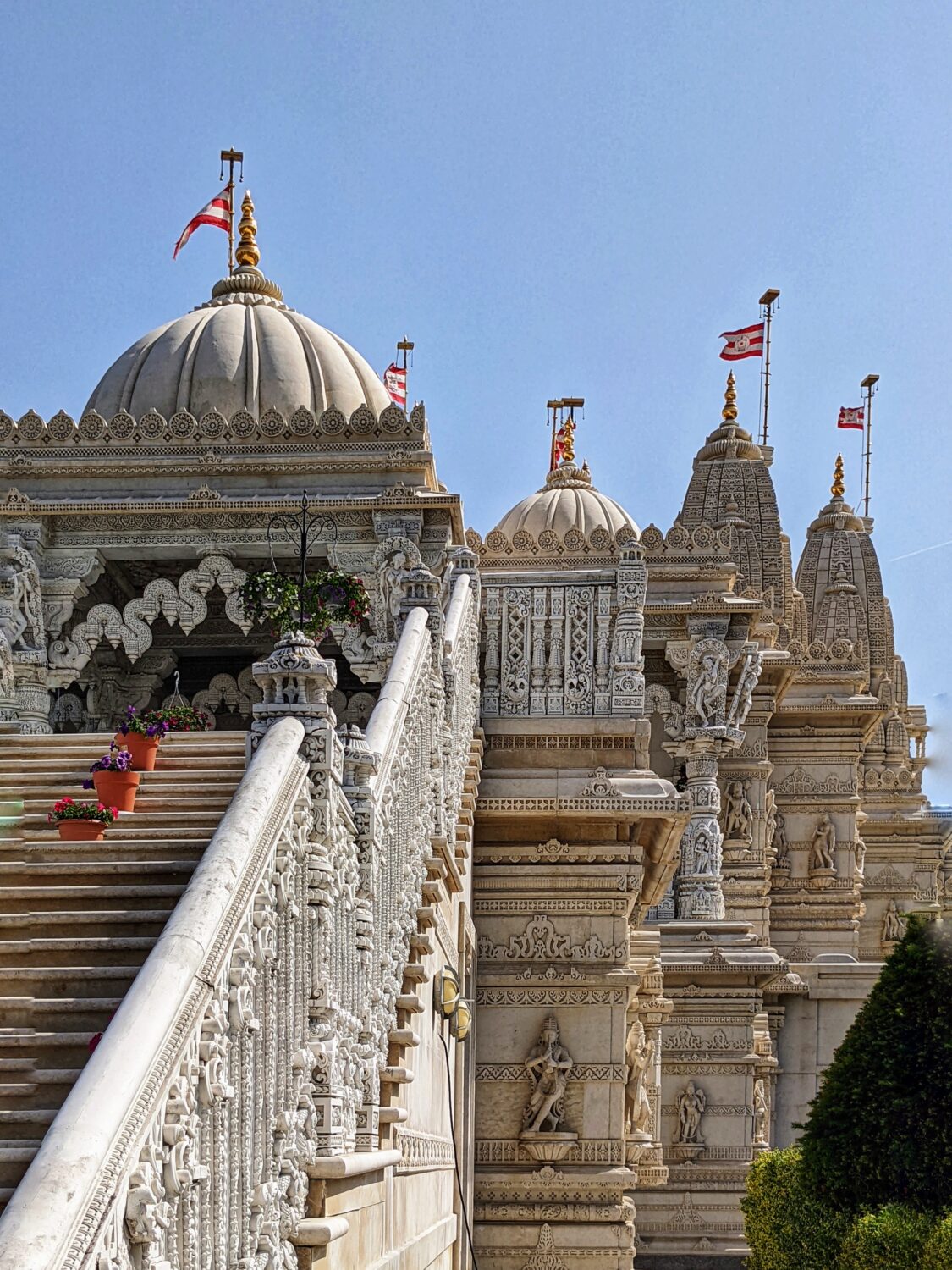
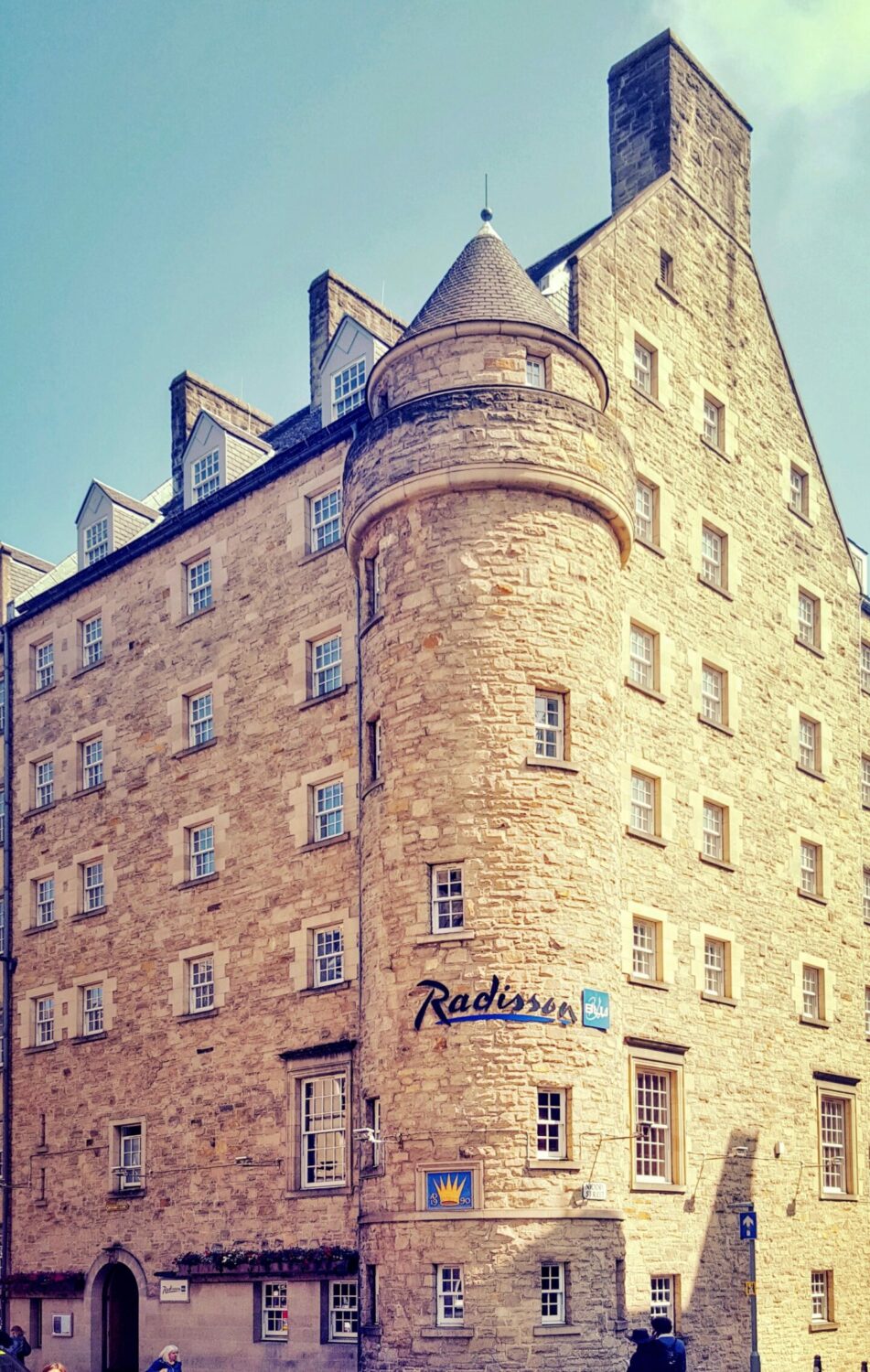
Registration
This conference is free to attend thanks to the generosity of the Axel and Margaret Ax:son Johnson Foundation.

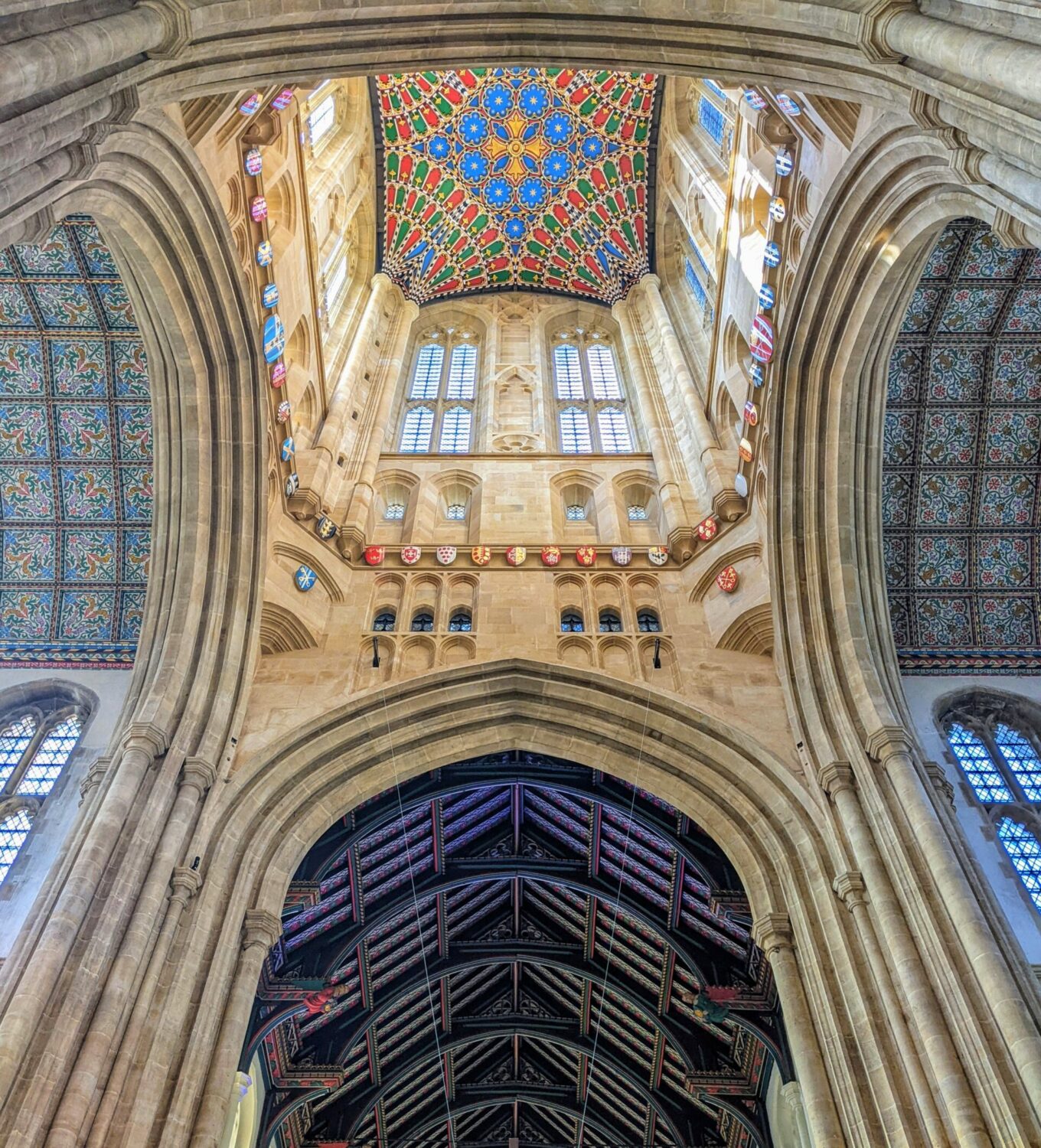
Practical details
Accommodation
If you are staying overnight in Cambridge and require hotel accommodation, we recommend the University Arms, located directly across Regent Street from Downing College as well as the Ibis Hotel at the Cambridge Rail Station, which is about a 15-minute walk to Downing College. Please kindly note that the conference is not holding rooms for attendees.
Parking
If you are planning on arriving in Cambridge by car, there are public parking facilities available in Cambridge. Click here for more information. Please note that unless you are a member of Downing College, no parking will be available on site.
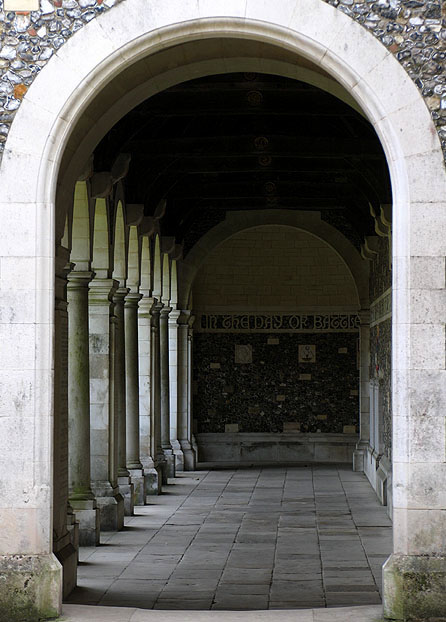

Organisation
This conference is organised by the Ax:son Johnson Centre for the Study of Classical Architecture (CSCA) at the University of Cambridge and Create Streets.
Organising Committee:
- Nicholas Boys Smith (Create Streets)
- Elizabeth Deans (University of Cambridge)
- Samuel Hughes (University of Oxford)
- David Lewis (University of Oxford)
- Frank Salmon (University of Cambridge)



